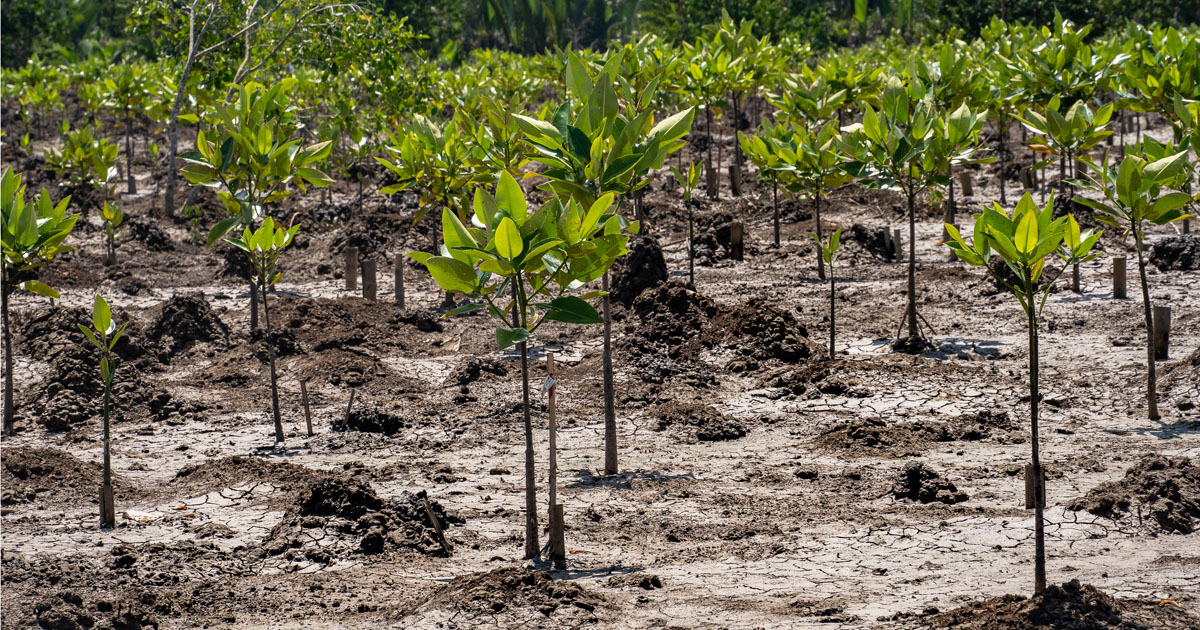Cocoa, timber, coffee and palm oil are the major commodities that support smallholder livelihoods, along with lesser-known tree crops and non-timber forest products such as nuts, honey, resins and natural medicines. While they can provide a diverse range of nutritious foods and other ecosystem services, their productivity is threatened by unsustainable practices, biodiversity loss and climate change.
CIFOR-ICRAF is supporting local innovations to sustainably produce food across landscapes. Through our ‘options by context’ (OxC) approach, we are helping farmers adopt agroecological and climate-smart principles and practices, while also strengthening land and resource rights for forest-dependent communities. Research migration and urbanization aims to understand how these choices affect land-use decisions, social dynamics and gender roles. We are also identifying ways to engage the private sector, as well as youth and women, in sustainable forestry and agroforestry practices to build resilient, productive communities.
Livelihoods: Fast facts
Sources:
1 Abraham M and Pingali P. 2020. Transforming smallholder
agriculture to achieve the SDGs. In Gomez y Paloma S, et al. (eds.). Springer, Cham. 173-
209.
2 Lowder SK, et al. 2016. The number, size, and distribution of
farms, smallholder farms, and family farms worldwide. World Development 87:
16–29.
3 FAO. 2020. State of the World’s Forests 2020. Rome: FAO.
Latest updates
Sorry, there’s something wrong with the server



















